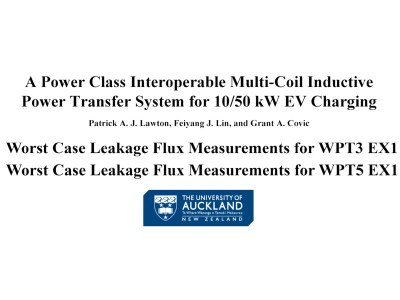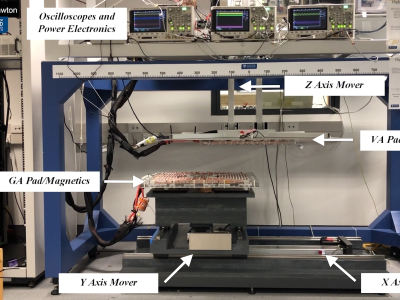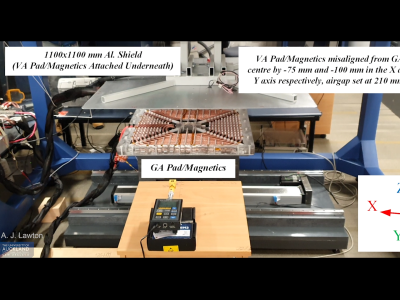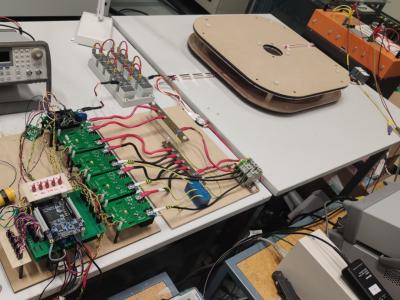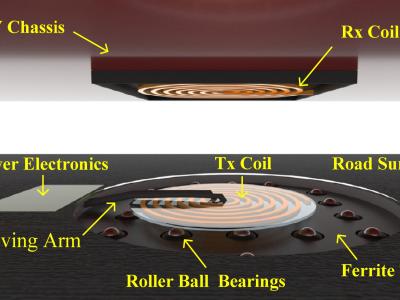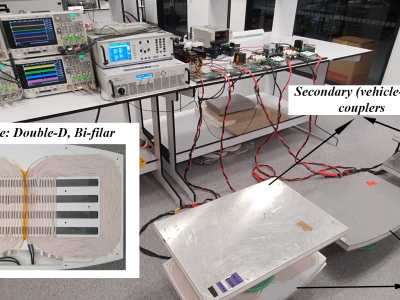
Introduction
As electric vehicles (EVs) gain popularity, the demand for efficient and convenient charging solutions has surged. Inductive Power Transfer (IPT) technology offers a promising solution, allowing for wireless charging without the need for physical connections. Among the various advancements in this field, the development of self-aligning capability in IPT pads stands out.
- Categories:

